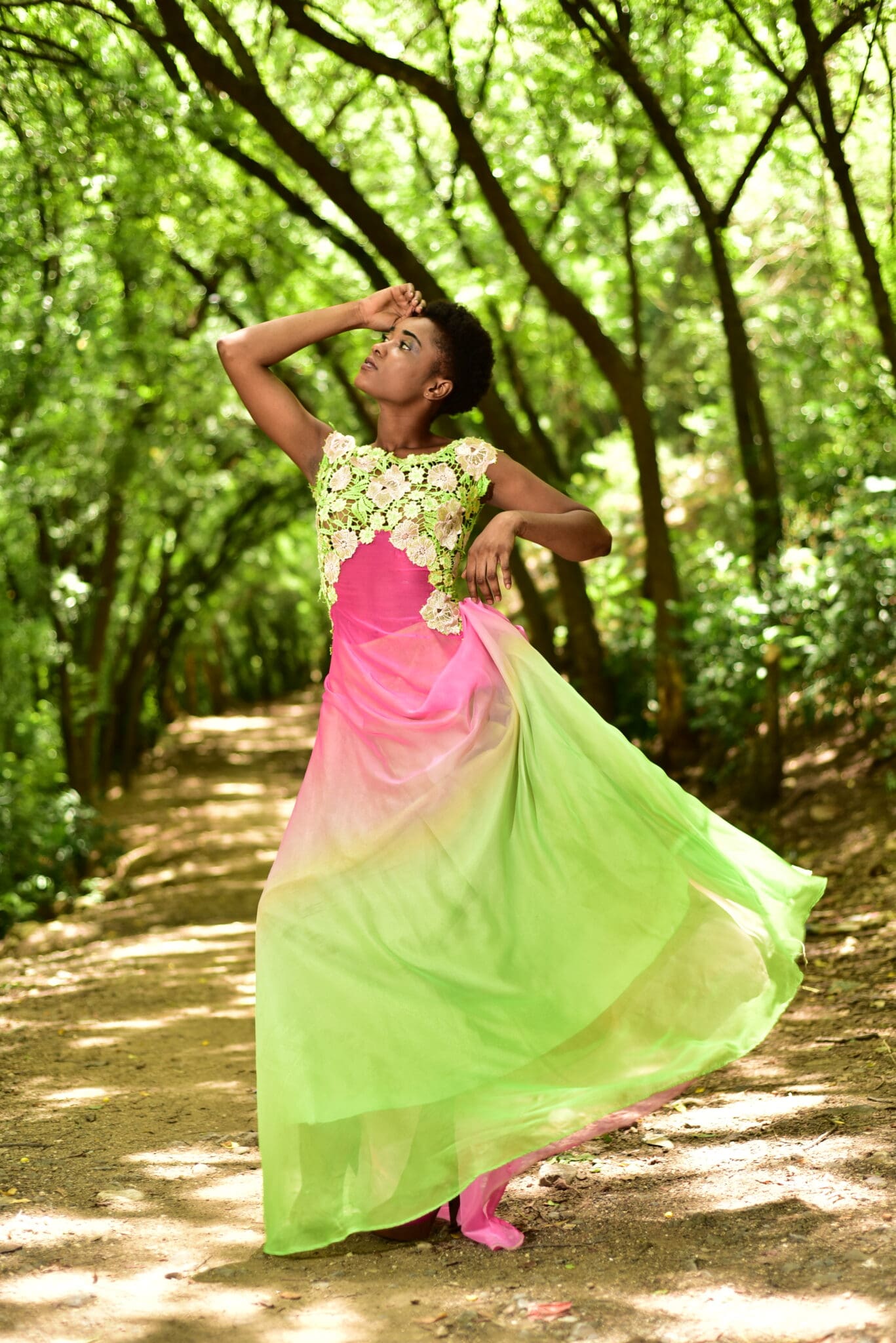
My Hair Is Black Hair
We wander why we weren’t born with good hair (bon cheveux) like that girl in eighth grade. When she ran, her hair swayed from side to side. If the wind is blowing she moves the hair out of her face with a hand or a quick twist of her neck. Why can’t my hair move like that. our society’s perceptions of Black hair still affects how Black people are treated. Every baby is born with good soft hair until our genes take over.
Hair is a centerpiece in Black culture; it’s a symbol of identity, of resistance, creative expression and freedom. It is woven deep into Black culture and therefore rooted in the history of America. Black hair has a uniquely meaningful history as a symbol of survival. It has been wielded as a tool of oppression and also one of empowerment. In Africa, hair was seen as a “source of power” because of this relationship with the Divine Being. It was because of the ability to communicate with God via our hair, that the role of styling and cutting hair was reserved for close family members. In African societies, hair was a sacred symbol believed to connect people with the divine. Hairstyles could also tell a lot about someone’s age, marital status, wealth, and rank in a society
Afro-ethnic hair characteristically has follicles that are asymmetrical, with elliptical or oval cross section and curve hair follicle bulb. The presence of an amino acid called cysteine also contributes to coil and curl. Afro textured hair types typically have a high concentration of cysteine which form strong bonds with each other, creating tension which causes hair to bend and curl. Not only is African hair often coiled, it also has a unique texture. So why is this? African hair produces plenty of protective oils, called sebum, which keeps our hair healthy. In fact, African hair actually produces more oils than Caucasian and Asian hair.
African hair is typically dense, thick and/or curly, to provide extra protection for the fragile skin on the scalp from the exceptional heat of the sun typically found in Sub Saharan Africa. It’s a feat of beautiful evolution! Black women’s hair should be respected. Celebrating and respecting Black hairstyles is important in the context of historical and ongoing oppression and stigmatization. It’s not OK to assume you can touch a Black woman’s hair. Black hair is often associated with strength and authority. It’s seen as a dominant color that exudes confidence and determination. In some cultures, black hair is considered particularly beautiful and is associated with health and youthfulness. Within many spiritual practices, hair was and still is a significant symbol of cultural and spiritual connection. Hair is the ‘crown’ the most elevated part of the body. For example, the Yoruba people would braid their hair to send messages to and communicate with their gods and goddesses.
Whether we use a bonnet, a silk scarf, or other fabric, a head covering helps Black women prioritize the health of their hair so that our natural oils stay intact, our strands are moisturized, and our hair style is preserved. This allows us to take care of our hair even in our sleep. African hair has a more elliptical or flattened shape, it grows in a curly or coiled pattern, rather than straight. This shape also makes the hair more prone to tangling and breakage, which is why many African Americans use special products and techniques to care for their hair. Different types of braiding techniques, styles, and patterns have been developed over time, each with its cultural significance. Braids were not only a form of self-expression but also served as a way to communicate social status, age, marital status, and even tribal affiliation
In the cortex, even though dark hairs have more photo sensible proteins than light hairs, they also have more melanin to absorb the ultraviolet radiation. The African hair is generally curly or frizzy, and grows almost parallel to the scalp. It has the slowest growth rate of 0.9 centimeters per month due to its spiral structure which causes it to twist on itself as it grows.
To help keep Black hair healthy, dermatologists recommend the following tips: Wash your hair once a week or every other week. This will help prevent build-up of hair care products, which can be drying to the hair. Use conditioner. Hair is hair, long short, black, brown, red it’s your hair learn to love it. Take care of it like your body. Wear satin Bonet to bed you’ll thank me later.
